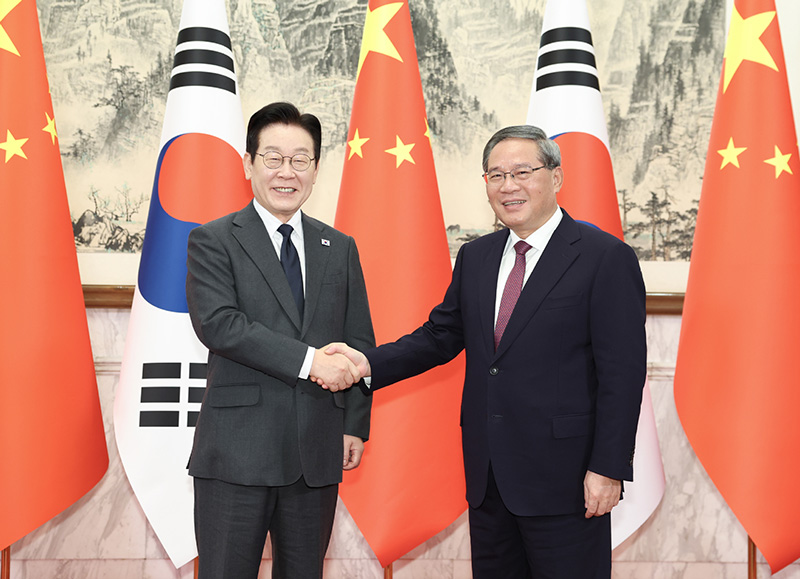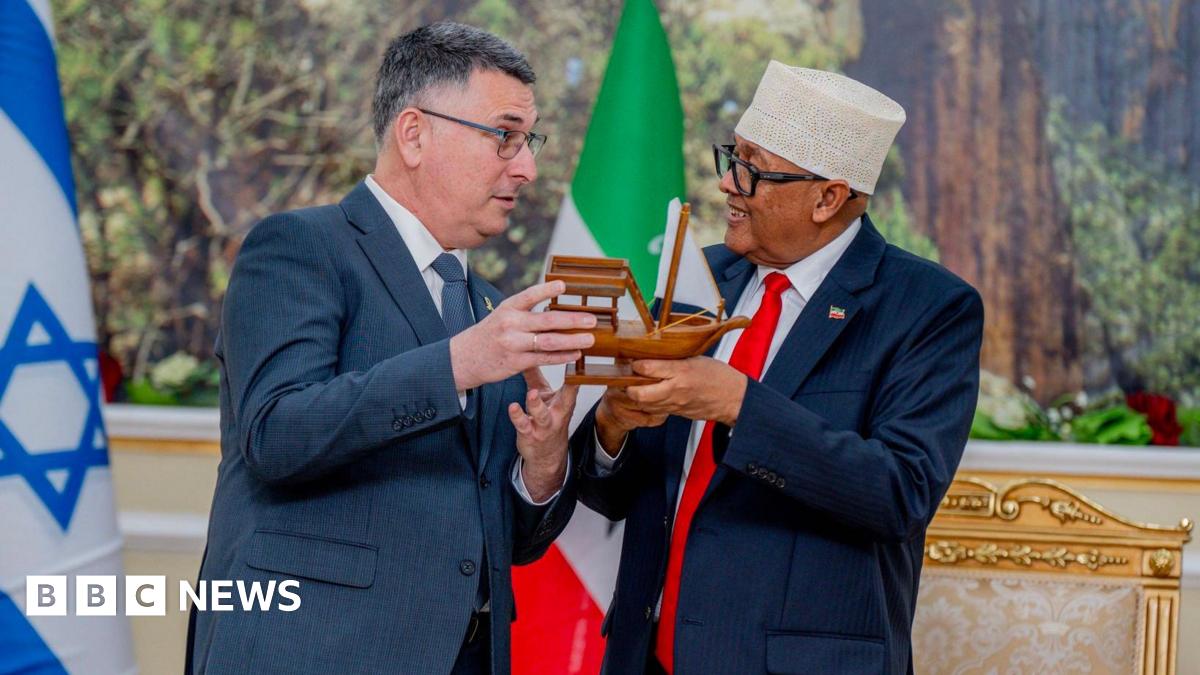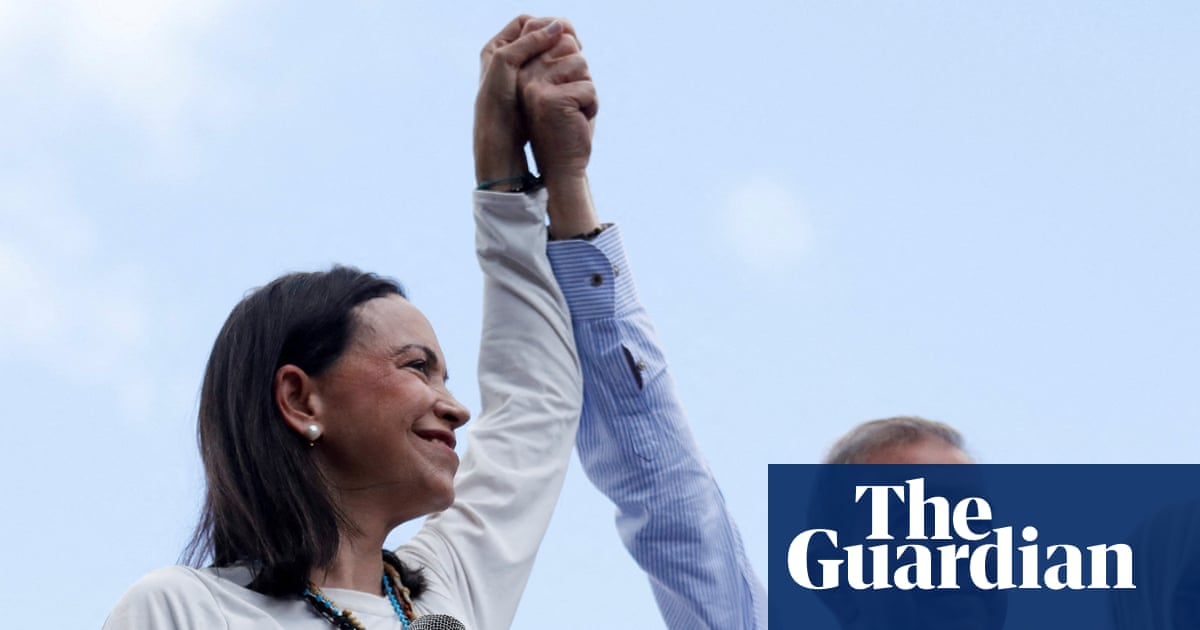- Can Venezuela’s New Leader Keep the U.S. Happy and Her Elites in Line? The New York Times
- Venezuela swears in interim president after defiant Maduro pleads not guilty BBC
- Trump Threatens Venezuela’s New Leader With a Fate Worse Than…
Category: 2. World
-
Can Venezuela’s New Leader Keep the U.S. Happy and Her Elites in Line? – The New York Times
-

Maduro says he’s a ‘prisoner of war’: Why that matters | Nicolas Maduro News
Two days after Venezuelan President Nicolas Maduro, 63, was abducted by special forces of the United States during an operation in the Latin American country, he appeared in a courthouse in New York.
On Monday, Maduro pleaded not guilty to federal…
Continue Reading
-

Venezuelans are reacting to Maduro’s capture with anger, fear, hope and joy
When the news broke of Nicolás Maduro’s arrest following a US attack on Venezuela on January 3, que locura (“what madness”) was the line that seemed to capture the moment. As Venezuelans around the world reached for their phones and…
Continue Reading
-

Migrants killed in road accident in Ethiopia’s Semera town in Afar region
At least 22 migrants have been killed and 65 others injured after a lorry they were travelling in overturned in Ethiopia’s north-eastern Afar region, authorities say.
About 85 Ethiopian migrants were travelling along the eastern migration route…
Continue Reading
-

Chinese premier meets with ROK president
Chinese Premier Li Qiang meets with President of the Republic of Korea (ROK) Lee Jae Myung, who is on a state visit to China, at the Diaoyutai State Guesthouse in Beijing, capital… Continue Reading
-

French ‘hypnotherapist’ on trial for drugging and raping women
Warning: This story contains descriptions of sexual abuse.
A man is on trial in southern France accused of drugging and sexually abusing women, as well as filming some of the assaults.
Dance teacher and self-taught hypnotherapist Cyril Zattara is…
Continue Reading
-

Gideon Saar: Israel foreign minister visits Somaliland after recognising its sovereignty
In a statement released by his office, Abdullahi said Israel had taken a “courageous decision” and Somaliland would cooperate with it in the “strategic interest”.
Saar said Abdullahi has accepted an invitation from Israeli Prime Minister Benjmain…
Continue Reading
-

From elation to frustration: Trump snub wrongfoots Venezuela’s opposition | Venezuela
There was unbridled joy among members of Venezuela’s opposition on Saturday morning as their country’s president, Nicolás Maduro, was dragged into US custody after an audacious raid on his compound. “The military strategy was brilliant,”…
Continue Reading
-

Joint statement by High Representative Kallas and Commissioners Lahbib and Šuica – European Commission
- Joint statement by High Representative Kallas and Commissioners Lahbib and Šuica European Commission
- Doctors Without Borders warns of Gaza exit after Israel’s ban Dawn
- ‘Aid cannot reach needed scale’: EU presses Israel over NGO restrictions as…
Continue Reading
-
Venezuela's people must be heard, insists UN human rights chief – UN News
- Venezuela’s people must be heard, insists UN human rights chief UN News
- LIVE: US abduction of Venezuela’s Maduro prompts global outcry Al Jazeera
- Maduro’s capture is a blow to China. But on Chinese social media it’s being hailed as a…
Continue Reading